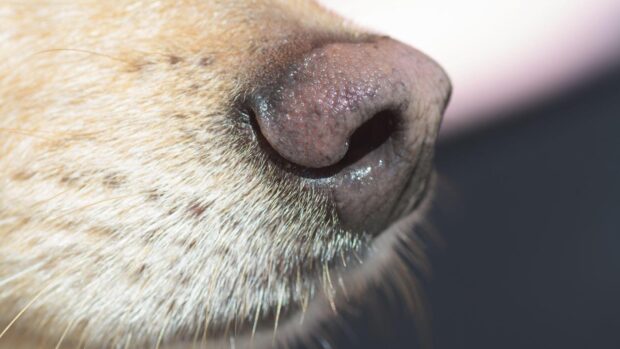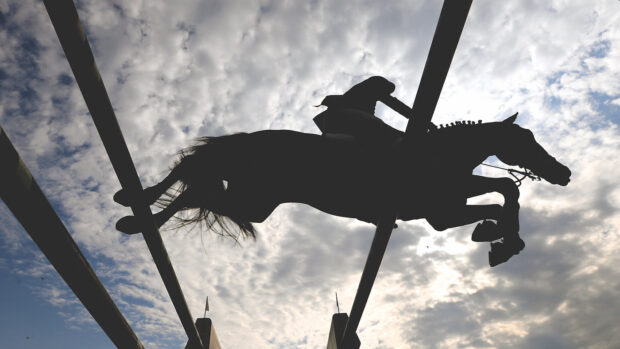“Serious doubts” have been expressed about the authenticity of a trainer’s “confession” exonerating a member of the Bahraini ruling family from blame in a reserpine doping offence.
The FEI Tribunal found that the endurance rider, Sheikha Najla bint Salman Al Khalifa, had not established the fundamental principle of “no fault no negligence” for the presence of the banned sedative in her ride Salahdin du Lauragais at the 120km CEI in Verona, Italy, on 26-27 July 2014. It suspended her for two years.
In its 13-page decision notice, the Tribunal queried at length the veracity of a statement purportedly submitted by trainer Narendrha Singh, admitting injecting the horse “between 2 and 7 July,” without the Sheikha’s knowledge, out of “revenge”.
The Sheikha finished third at Verona on Salahdin, who is owned by the Royal Endurance Team of Bahrain, and was selected for sampling. She did not dispute the positive finding or request testing of a B sample.
She told the Tribunal it would have made “no sense” for her to use medications when there was a likelihood of her being on the podium and thereby tested. She said she was innocent, and the positive test had “destroyed her career” and hard work to be an “exemplary endurance rider and role model for potential Bahraini women riders”.
The Tribunal heard that an investigation was carried out in conjunction with the Bahrain law enforcement agency, the Criminal Investigation Directorate (the head of which is also a member of the Al Khalifa family).
It found that Singh had previously left the employment of the Sheikha’s family following allegations of financial misconduct. No explanation was provided in the decision notice as to why Singh was then re-employed by the team. This, the Tribunal heard, gave him “the opportunity to exact his revenge” when he found out the Sheikha would be riding Salahdin.
However, Singh’s confession was on blank paper with no letterhead, and there were delays submitting it, blamed on Bahraini laws preventing Singh’s statement being translated into English or used for legal proceedings in another country.
The FEI meanwhile contacted the Indian authorities hoping to identify Singh and discovered passport ambiguities, with signatures not matching that on the confession.
The Tribunal concluded: “The Tribunal finds that even if such documents were accepted, Mr Singh’s explanations are unsatisfactory. He does not provide specific information with regards to the amount and the exact timing of the alleged administration of the reserpine. In the absence of any credible explanation, the Tribunal therefore finds that the person responsible [the Sheikha] has not established by a balance of probability how the reserpine entered the horse’s system.”




